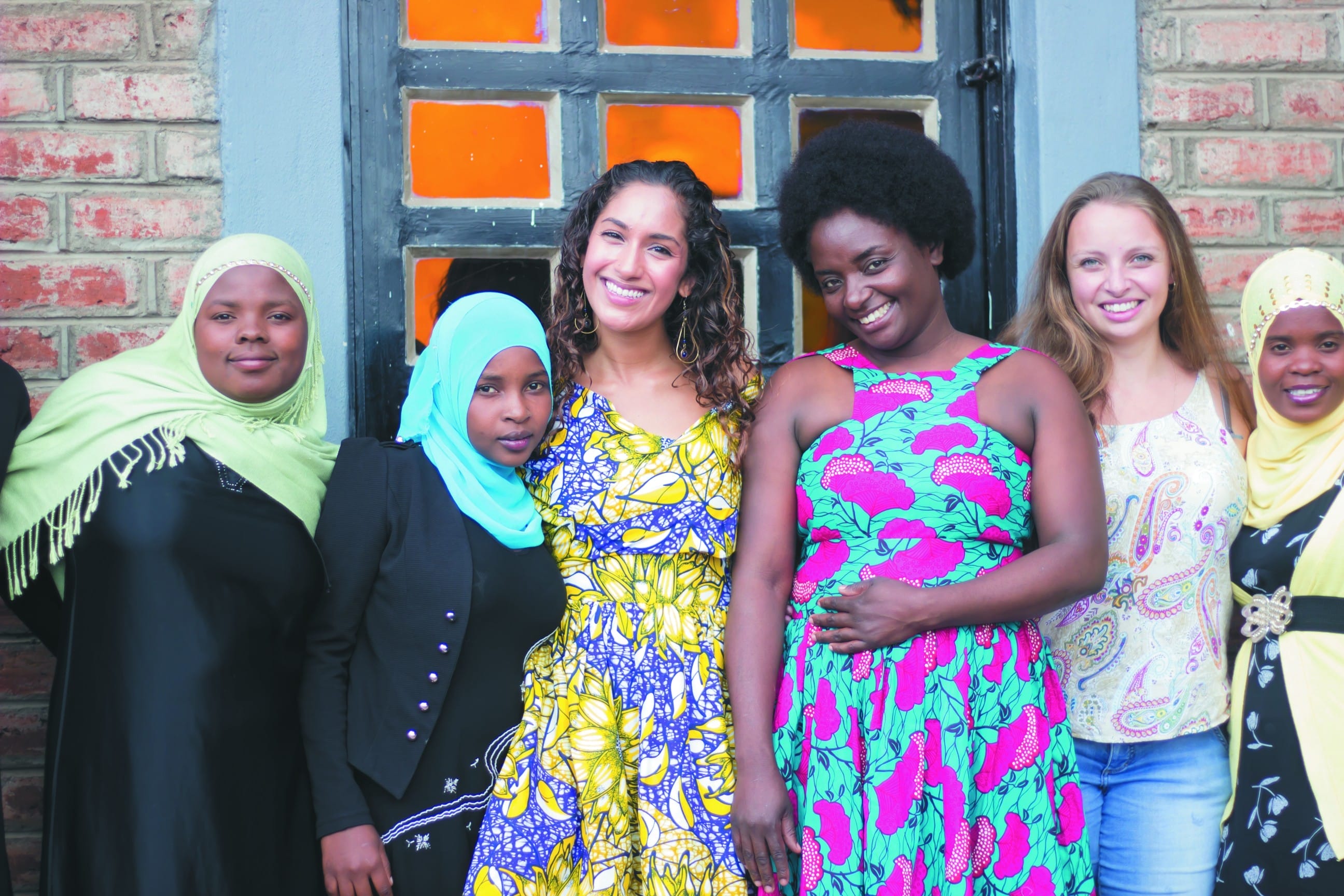FabHotels
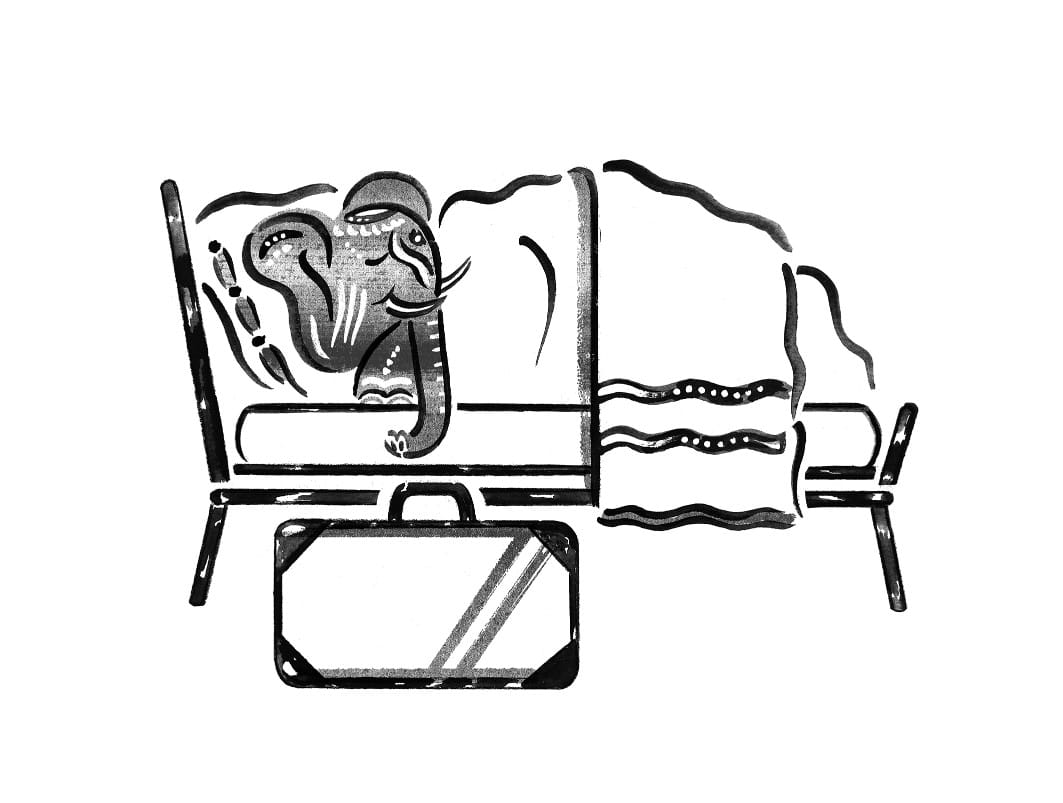
(Illustrations by Cynthia Kittler)
Whenever they traveled across India for vacation or business, Adarsh Manpuria WG15 and Vaibhav Aggarwal WG13 struggled to find a budget hotel whose quality they could trust. Eventually, after settling too many times for subpar or overpriced lodging, the two Wharton graduates decided to invent their own. FabHotels—a technology-driven hotel franchise—is intended to be the solution to India’s budget-travel experience. By utilizing technology designed specifically to manage room inventory, pricing, and guest experience at smaller hotels, these two founders have succeeded in creating a hotel brand that customers can trust and hoteliers want to partner with.
Mwayi
The story of Mwayi (pronounced “mwah-ee”) begins in 2014, when Renata Aráuz-DeStefano WG17 was hopscotching across the globe with a microfinance organization and was captivated by the eyecatching, colorful dresses she saw in Malawi and a talented tailor who made them. Now, that same tailor leads a team of local apprentices—at-risk women who are earning their first living wages and twice the average for tailors in the region—who craft made-to-measure dresses created by a rotating cast of female designers. (The debut collection was the work of a member of the Saturday Night Live costuming team.) Impressive as Mwayi’s social impact and vibrant fashions are, so is Aráuz-DeStefano’s indefatigable drive—she created and launched Mwayi while commuting from Philadelphia to Manhattan for her job as an investment banking associate at Bank of America Merrill Lynch.
rePurpose
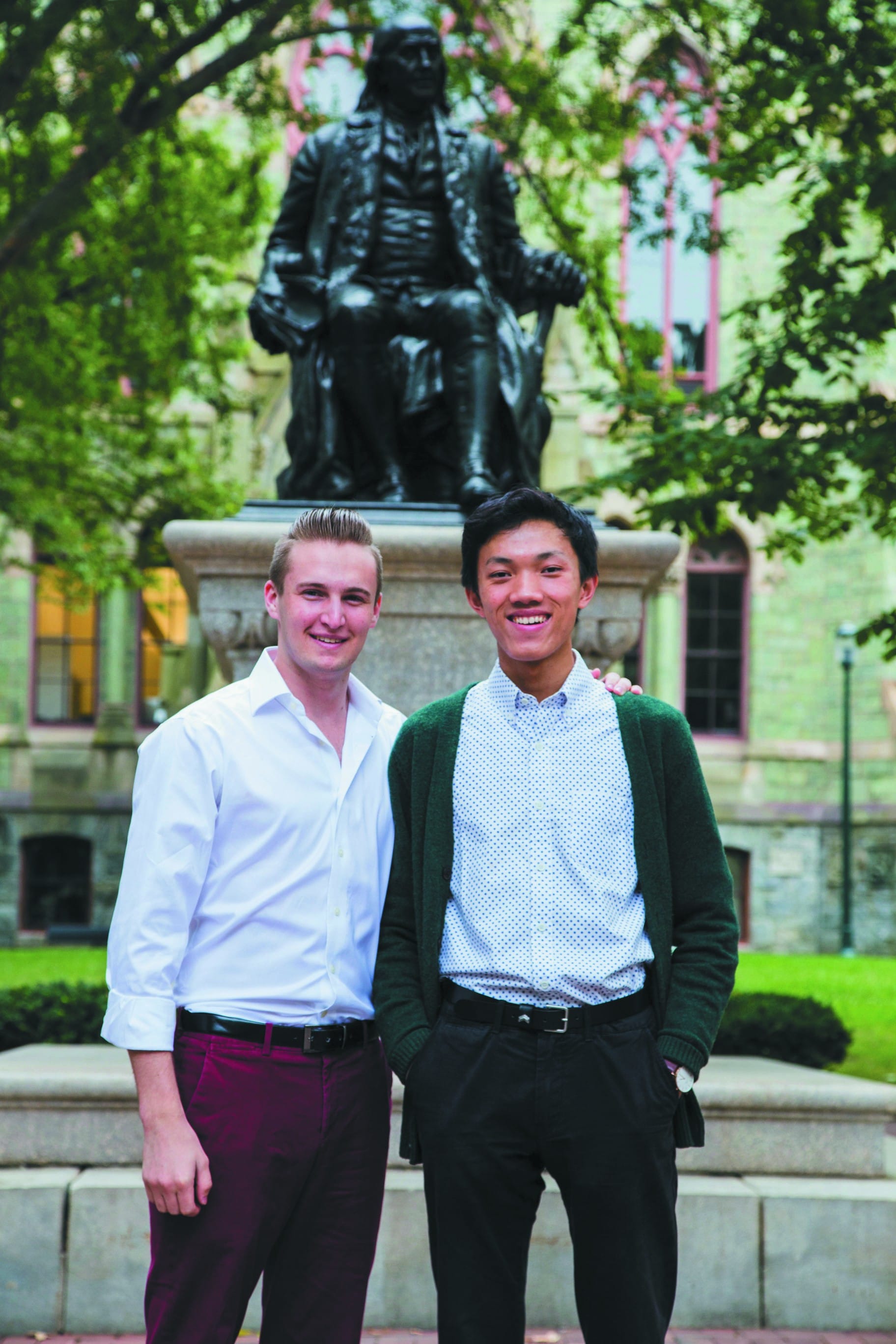
Robert Dowling EE18 ENG18 W18 and Peter Wang Hjemdahl W18
In 2016, the Hult Prize issued a challenge to college entrepreneurs: Double the income of 10 million people living in urban poverty worldwide by 2022. In response, Robert Dowling EE18 ENG18 W18 and Peter Wang Hjemdahl W18 founded rePurpose, a for-profit social enterprise designed to economically empower the millions who earn money by scavenging. They found that trash pickers rely on supply chains to deliver the recyclable trash they collect, with 95 percent of the market value of that trash going to middlemen who collect it, compress it, and transport it to recycling companies in bulk. rePurpose aims to triple the income of trash pickers by providing them with the resources and equipment to pool and compress their trash themselves. The startup was named a 2016 Hult Prize Regional Finalist, a 2016 Recess Pitch Competition National Finalist, a Wharton Startup Challenge Semifinalist, and the Pivot Environmental Challenge Championship winner.
YouVisit
How do you decide which hotel to book? Which destination has the best views? How do you decide whether a college campus has the right feel? Or whether you might want to visit a particular city? If you didn’t say “virtual reality,” Abi Mandelbaum WG10 hopes his company, YouVisit, will change that. With a proprietary platform and an award-winning studio that creates content for more than 800 clients including travel and leisure companies, academic institutions, corporations, and consumer brands (such as Hilton, Cisco, Microsoft, and Swarovski), YouVisit helps brands engage audiences across mobile, desktop, and VR platforms. As the 2016 and 2017 winner of VR Fest, YouVisit aims to be the way we ultimately see the world before, well, seeing the world.
Cater2.me

When Zach Yungst C06 W06 and Alex Lorton W06 first met in their Management 100 class, they assumed they’d go on to study stock market trends, not food blogs. But after spending a few years in finance and consulting, these budding entrepreneurs decided to ditch their day jobs and found Cater2.me—a catering startup that enlists artisanal street vendors to provide unique dining experiences for companies like LinkedIn and Eventbrite. Now they’re constantly searching for new, exciting food options to feed their corporate clients. And by bootstrapping the enterprise themselves instead of relying on VC funding, Yungst and Lorton have been able to focus on satisfying their customers in 11 cities, rather than investors.
Lawdingo
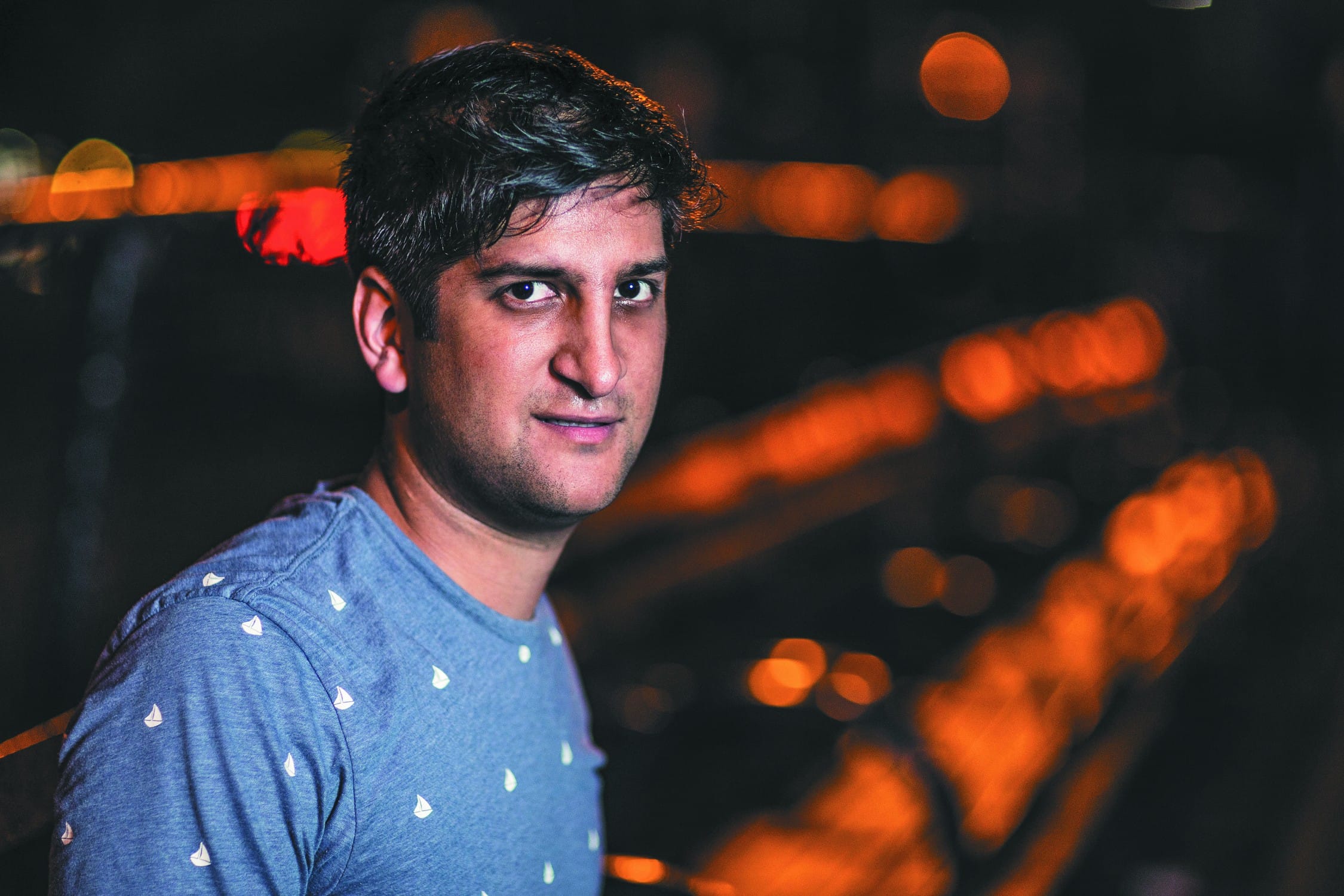
Nikhil Nirmel W08
Entrepreneur Nikhil Nirmel W08 first became interested in the legal industry when he realized that while most legal work can be done remotely, very little is. He founded Lawdingo to streamline the process, reduce the cost of finding an attorney, and connect consumers with lawyers on demand and remotely. After several years of trial and error, Nirmel repurposed the company toward offering virtual, project-based paralegal services to law firms and corporate legal departments. Now, Lawdingo screens candidates free of charge to find the right legal professional to fit the consumer’s needs, from paralegals and law clerks to transcriptionists and court reporters, and provides an online platform for assigning work, generating invoices, and more. The startup has received seed funding from Y Combinator and various angel investors and earned Nirmel a spot on the Forbes 2015 “30 Under 30” Law and Policy list.
Twine
The future of work is here, according to Joseph Quan WG17 and Nikhil Srivastava WG17. While completing their MBAs, the pair dug deep into people analytics to create Twine, algorithmic HR software that helps companies hire from within and reduce staff turnover. Twine’s mission is to make internal mobility seamless within large companies—allowing employees to grow with their companies, rather than out of them—and save them hundreds of thousands of dollars in recruiting and training costs. A smart dashboard linked to employee data allows HR departments to quickly see which existing employees are a perfect fit for open roles. Winners of the Penn Wharton Startup Challenge Perlman Grand Prize and in the top 10 of Forbes’s Change the World Competition, Quan and Srivastava rang the Nasdaq closing bell this summer, alerting the business world to their arrival.
FitReserve
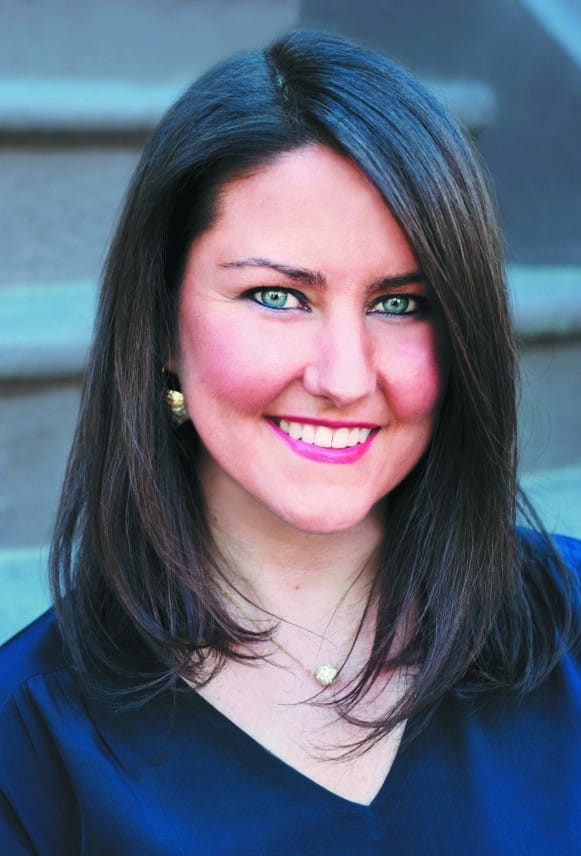
Megan Smyth WG05
If you’re hopelessly trying to balance your fitness portfolio and somehow make it to cycling class, yoga, barre, and CrossFit in one week, you should be using FitReserve. The brainchild of Megan Smyth WG05—who left her job in equity capital markets to pursue her business—FitReserve offers four different plans that allow members to mix and match from more than 70,000 classes at a cross-section of studios, all at a price that’s less than half retail. After launching in New York and Boston two years ago, FitReserve expanded to Washington, D.C., this past spring, with plans to add more cities this fall and in early 2018, for all your calorie-burning needs.
Allbirds

“The most comfortable shoe in the world” can be both stylish and simple: That’s the mantra for Joey Zwillinger WG10, co-founder of Allbirds, the company making a sleek $95 sneaker that puts fit and function ahead of flashy logos. The shoes are made from an innovative merino wool fabric that’s breathable, lightweight, soft, and odor-resistant. Zwillinger has credited guidance from Wharton pals at Warby Parker and Harry’s Razors with his company’s quick raise of seed capital, and Allbirds prides itself on using renewable materials and an eco-friendly manufacturing process. As for that bold comfort claim? Time, Wired, and Business Insider all agree.
Nexla
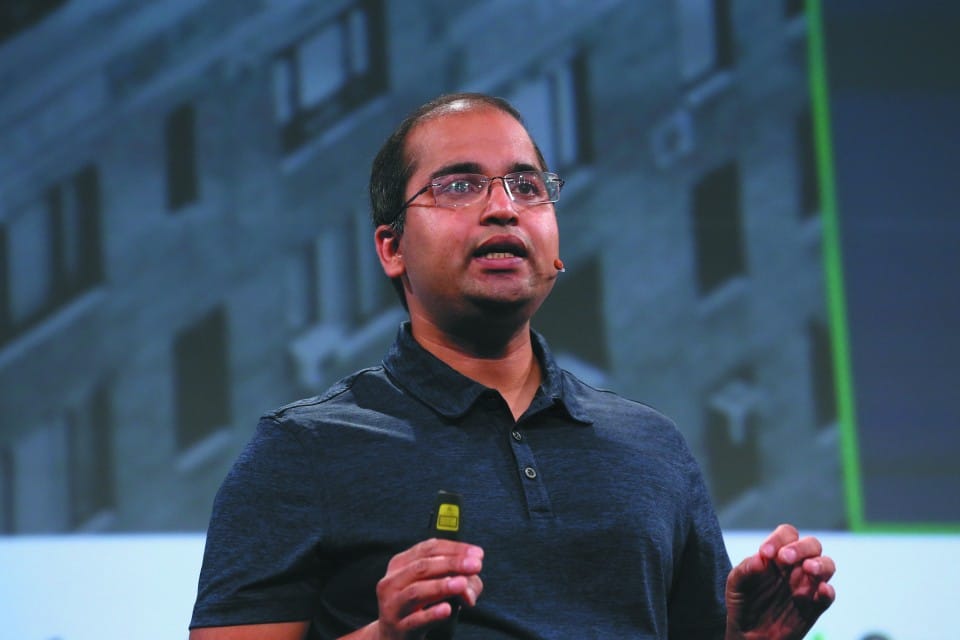
Saket Saurabh WG09
Every great company relies on analytics to improve its business. But as Saket Saurabh WG09 learned firsthand from his 10 years in management, having all the data in the world doesn’t mean a thing if you’re not able to use it. That’s why he founded Nexla, a data operations platform that uses machine learning to help companies process high volumes of data from multiple sources. Rather than rely on a team of engineers to handle the back end, Nexla is putting the power back in the hands of business folks by making data accessible for everyone. And the tech industry is taking notice—Nexla was named the Strata Startup Showcase winner and has raised more than $3.5 million in funding.
The Common Market
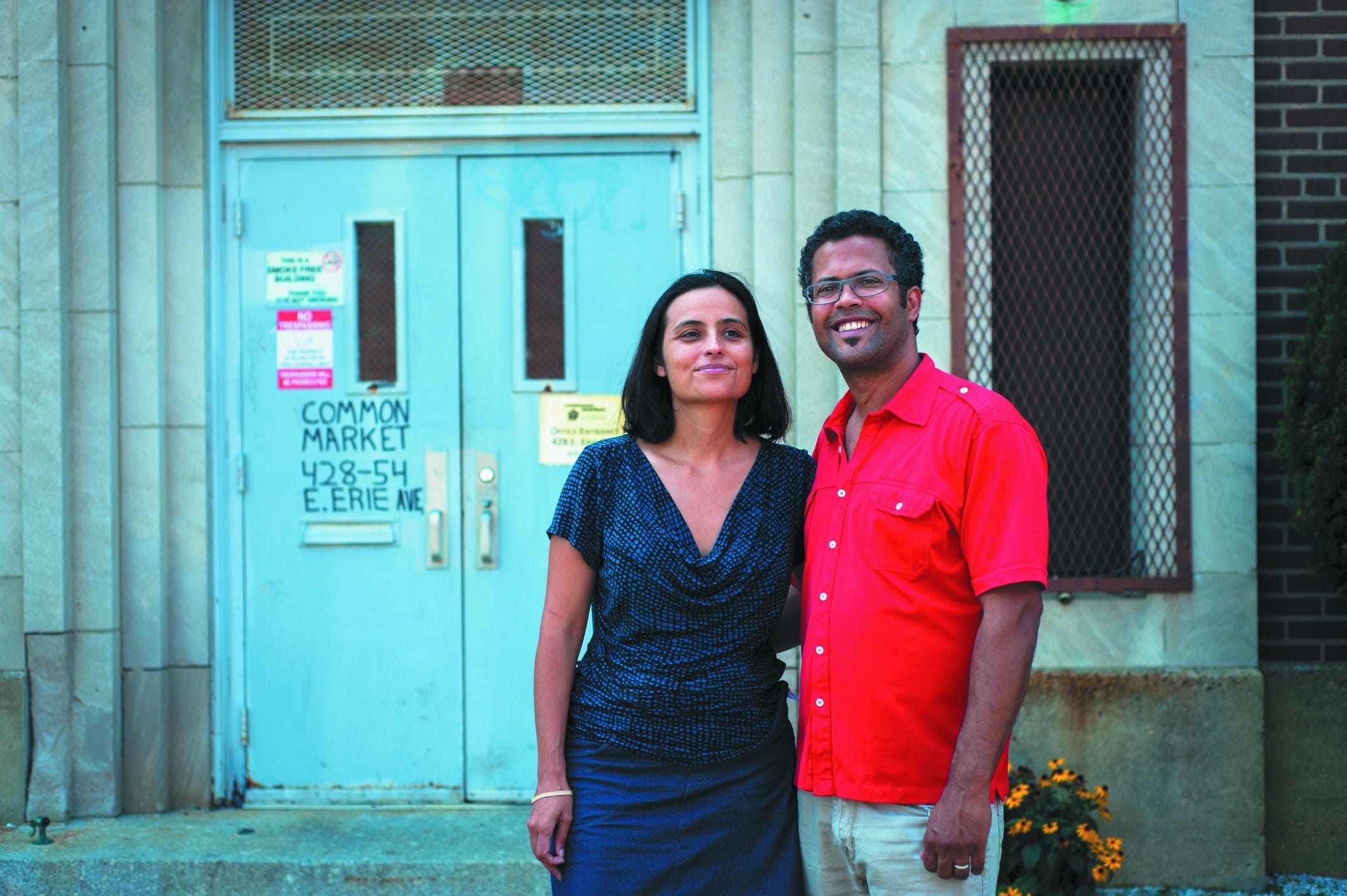
Tatiana Garcia Granados C97 WG03 and Haile Johnston W95
Tatiana Garcia Granados C97 WG03 and Haile Johnston W95 launched The Common Market in 2008 to provide their lower-income North Philadelphia community with the nutritious produce of nearby small family farmers. With local food access problems solved through partnerships with hospitals, schools, and universities, and their Philadelphia nonprofit business earning $4.5 million in revenue this year, the married couple are now tackling national food access with their proven model. Granados and Johnston share The Common Market’s wealth of experience by working within two federal food policy coalitions—the National Sustainable Agriculture Coalition and Good Food for All—as well as consulting in the public and private sectors on increasing access to food.
NeuroFlow

Forty million American adults experience anxiety disorders every year, and only a third receive treatment. NeuroFlow is set to rectify this. Co-founder Chris Molaro WG17 was inspired by his service as a platoon leader deployed in Iraq, where he was responsible for the well-being of 40 soldiers, many of whom struggled with PTSD. He teamed up with Penn bioengineering PhD candidate Adam Pardes GR19 to create NeuroFlow, a software platform that pairs with commercially available wearable devices to measure physiological indicators of stress in real time. Health-care providers can use this information to track patient progress and teach patients to change how their brains respond to stress. Winner of this year’s Startup Challenge Innovation Award, NeuroFlow spent the summer in development at Penn Wharton Entrepreneurship’s accelerator VIP-X. Its creators have also partnered with professor Michael Platt to do research with his Wharton Neuroscience Initiative and Behavioral Lab.
Wonderschool
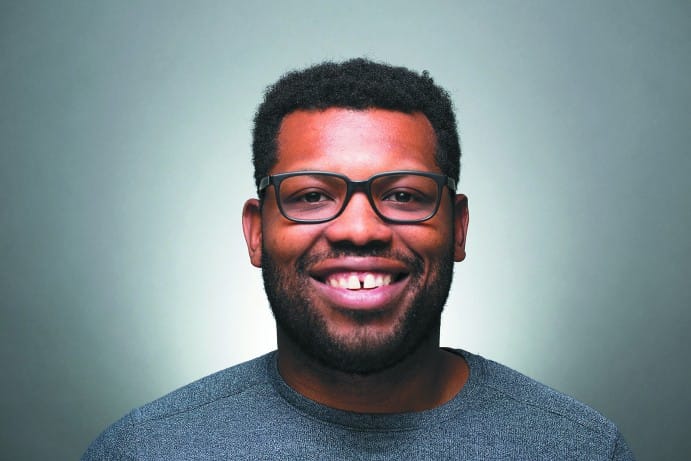
Chris Bennett W07
Much of California is a child-care desert, with 75 percent of kids without access to licensed care. And while demand and cost for day care is high, the majority of child-care professionals are underpaid. Wonderschool co-founders Chris Bennett W07 and Arrel Gray discovered California’s child-care problem firsthand when Gray struggled to find a day care for his toddler and was met with endless waitlists. Their San Francisco-based startup provides both quality care and a platform for teachers to open their own in-home day cares/preschools and earn a better income. Wonderschool offers lower child-to-teacher ratios than traditional day cares, mixed age groups, easy access to backup care through its network, and transparency in availability and pricing. The startup currently has more than 50 in-home day cares and preschools in California, and with a recently acquired $2 million in seed funding, it plans to expand into 15 new cities over the next year and a half.
Published as “Virtual Reality, Machine Learning, and Life-Changing Fashion” in the Fall/Winter 2017 issue of Wharton Magazine.
Read about other alumni-powered ventures in the full Watchlist.




















